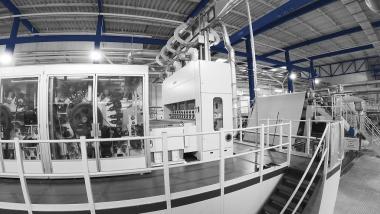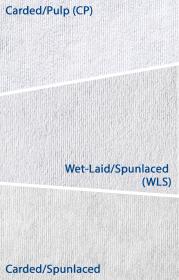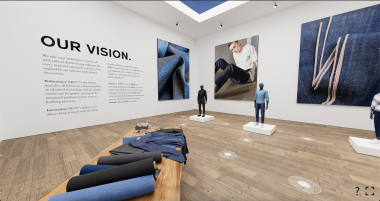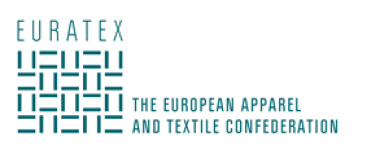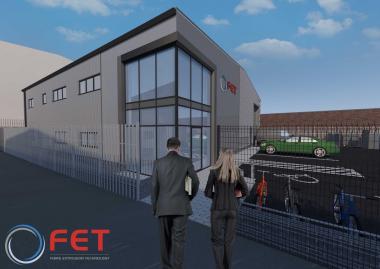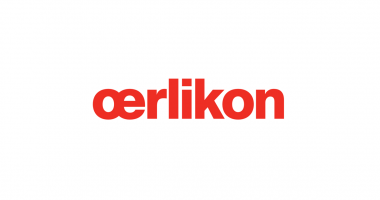50 companies have joined ChemSec’s PFAS Movement
More and more brands are actively speaking up against the use of PFAS chemicals in products and supply chains. ChemSec’s corporate initiative the PFAS Movement was started in 2020, with the aim of creating a network of companies that would like to see PFAS chemicals regulated more efficiently. As of September 2021, 50 companies have joined the movement.
PFAS, short for per- and polyfluoroalkyl substances, is a chemical family consisting of almost 5,000 industrially produced chemicals. In manufacturing, PFAS are favored for their durability and well-functioning properties. They provide features such as non-stick, water repellency and anti-grease to many types of everyday products, including cosmetics, food packaging, frying pans and clothes, just to name a few.
Lately, more and more reports have been suggesting that PFAS are a serious problem. Human epidemiological studies have found associations between PFAS exposure and a number of health disorders.
One of the biggest challenges connected to PFAS is that, with very few exceptions, they are perfectly legal to use. This means that the brands and retailers who want to stop them from being used as ingredients in their products have very limited ways of communicating this in the global supply chain. As long as there is not a restriction in place, suppliers will continue to use these very effective chemicals in manufacturing. That’s why companies act together with a unified voice, like in the case of ChemSec’s PFAS Movement.
ChemSec






